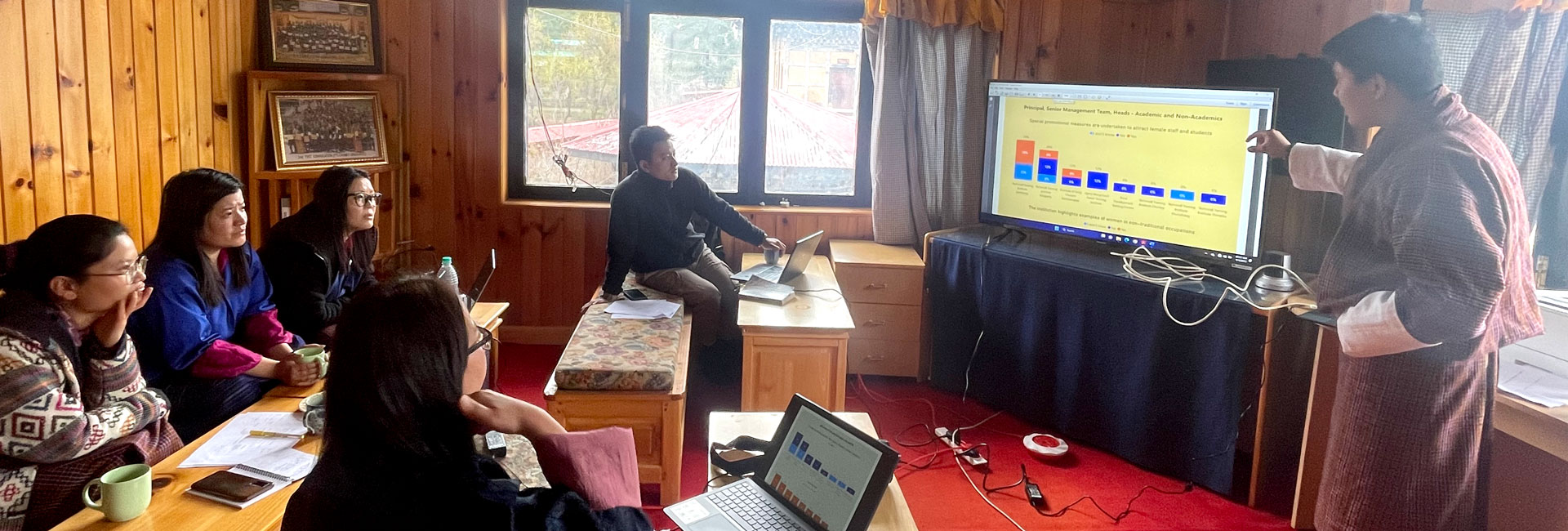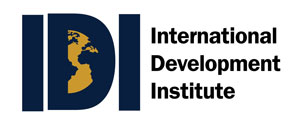Our Approach
Guided by Humber’s commitment to establishing sustainable and reciprocal collaborations with Humber’s community on and off-campus, IDI presents a model that helps align efforts in addressing complex global challenges. IDI’s approach to international development work focuses on a campus and working culture that prioritizes people, connects communities and is in line with the participatory approach to international development practice.
Our Practice
With a commitment to ethical development, the participatory approach notes the role and voices of multiple stakeholders to ensure and incorporate the views of every group into planning and implementation. The approach enhances ownership of the final solution and is a collaborative way for communities to work together on interventions that promote rights, equality, equity and justice for all. It ensures that the humanistic aspect of community engagement is included in development efforts.
Our Culture
IDI has developed a campus and working culture that focuses on knowledge sharing, exchanging ideas and creating platforms for collaboration. Encouraging and developing leaders in international development means supporting students, staff and faculty members to leverage their expertise and strengths in identifying and exploring solutions to global issues and becoming future leaders in global development. Through our pedagogical innovations and best practices in teaching and learning, students are encouraged to draw connections to applied research and technological innovations that can address complex challenges. IDI's relationships with partnerships are built on strong foundations, mutual interests and knowledge-sharing.
ACE Model
![]()
Access
Equitable access to TVET education through flexible pathways to programs. Access includes developing and modifying training programs to meet the needs of vulnerable youth (particularly women), people with special needs and Indigenous learners.
![]()
Completion
Completion of TVET education with industry-relevant skills and competencies. Completion focuses on experiential learning to link students and employers with strong industry relationships to develop a core set of skills that can be implemented put into practice.
![]()
Employment/Entrepreneurship
Successful transition of TVET graduates to the labour market through employment or entrepreneurship opportunities.



